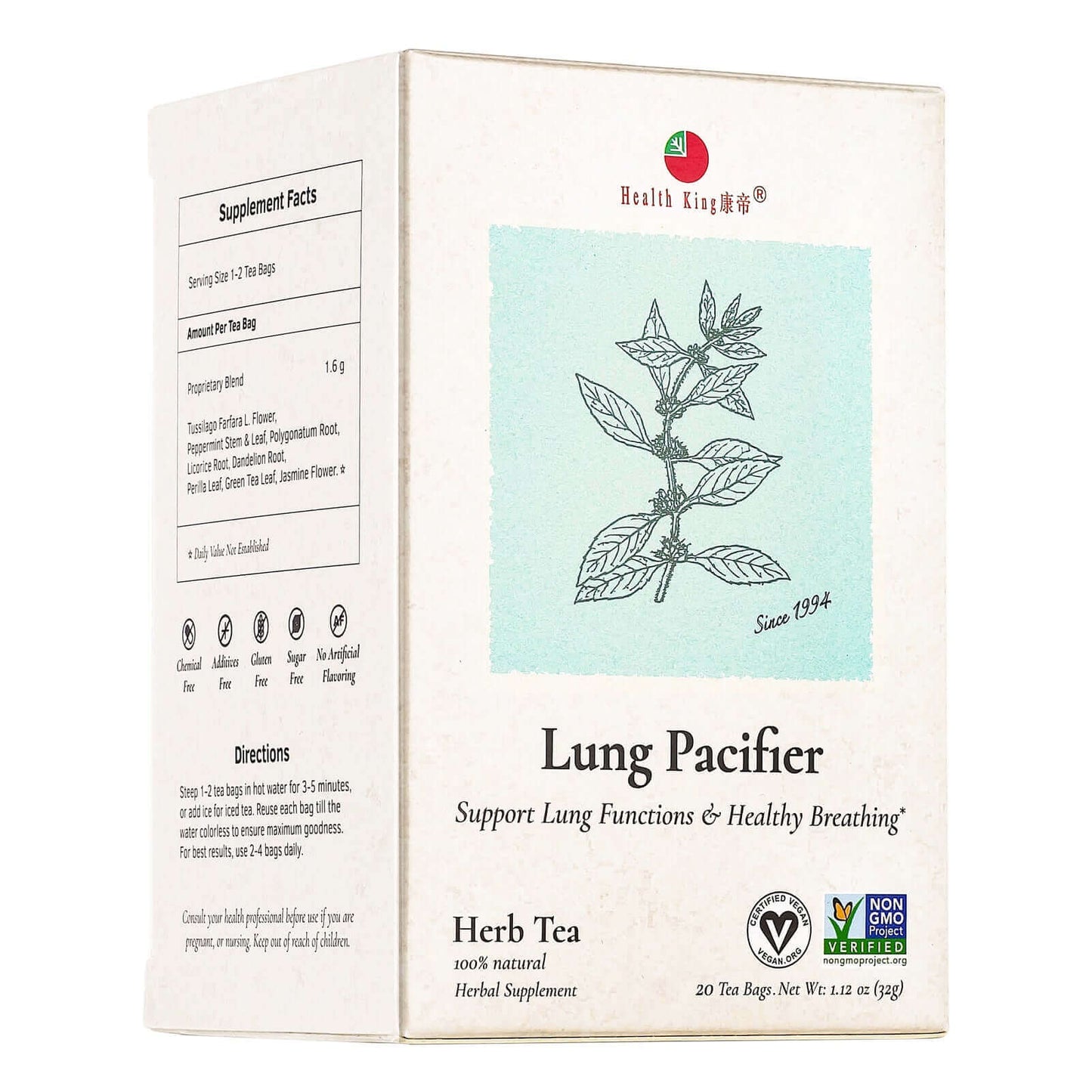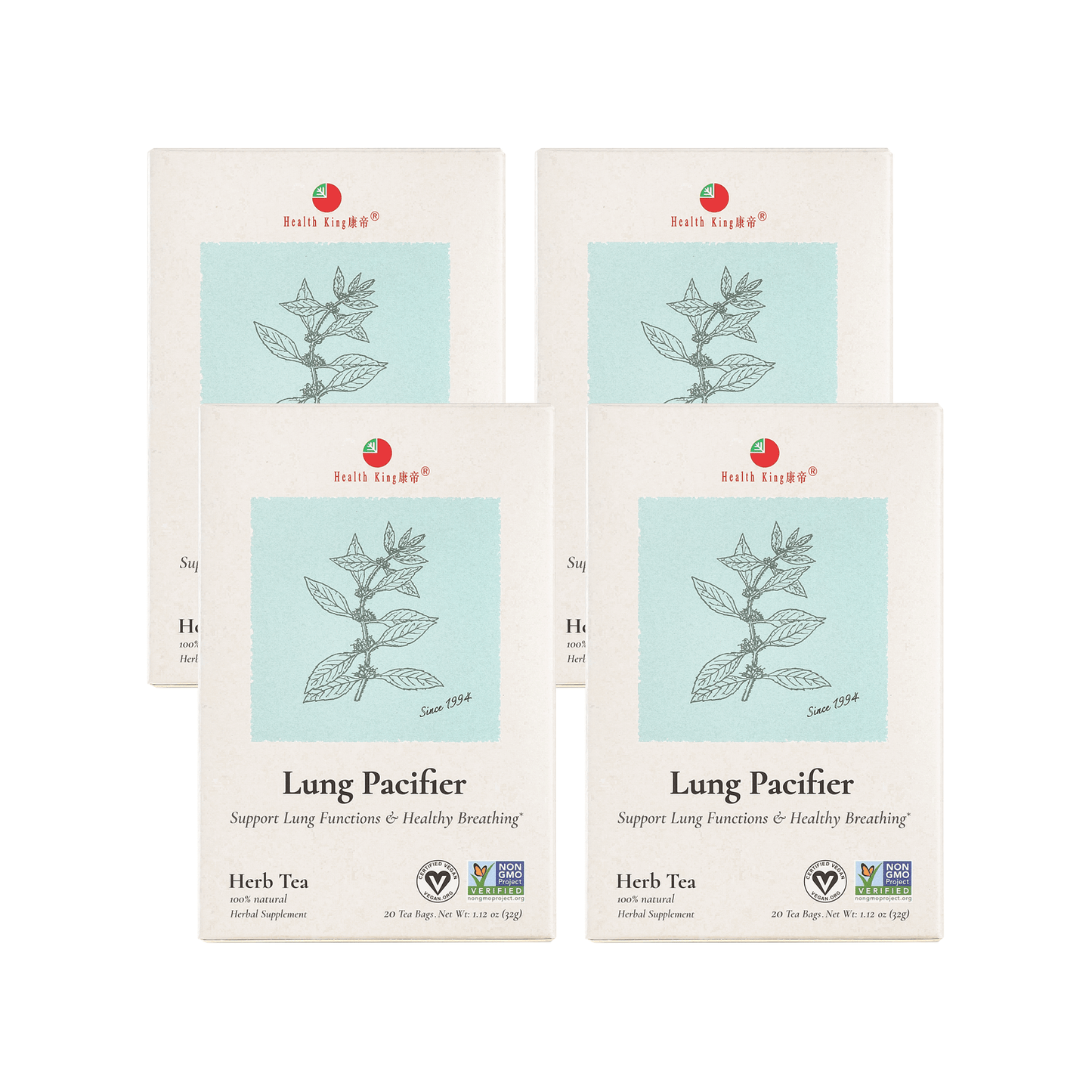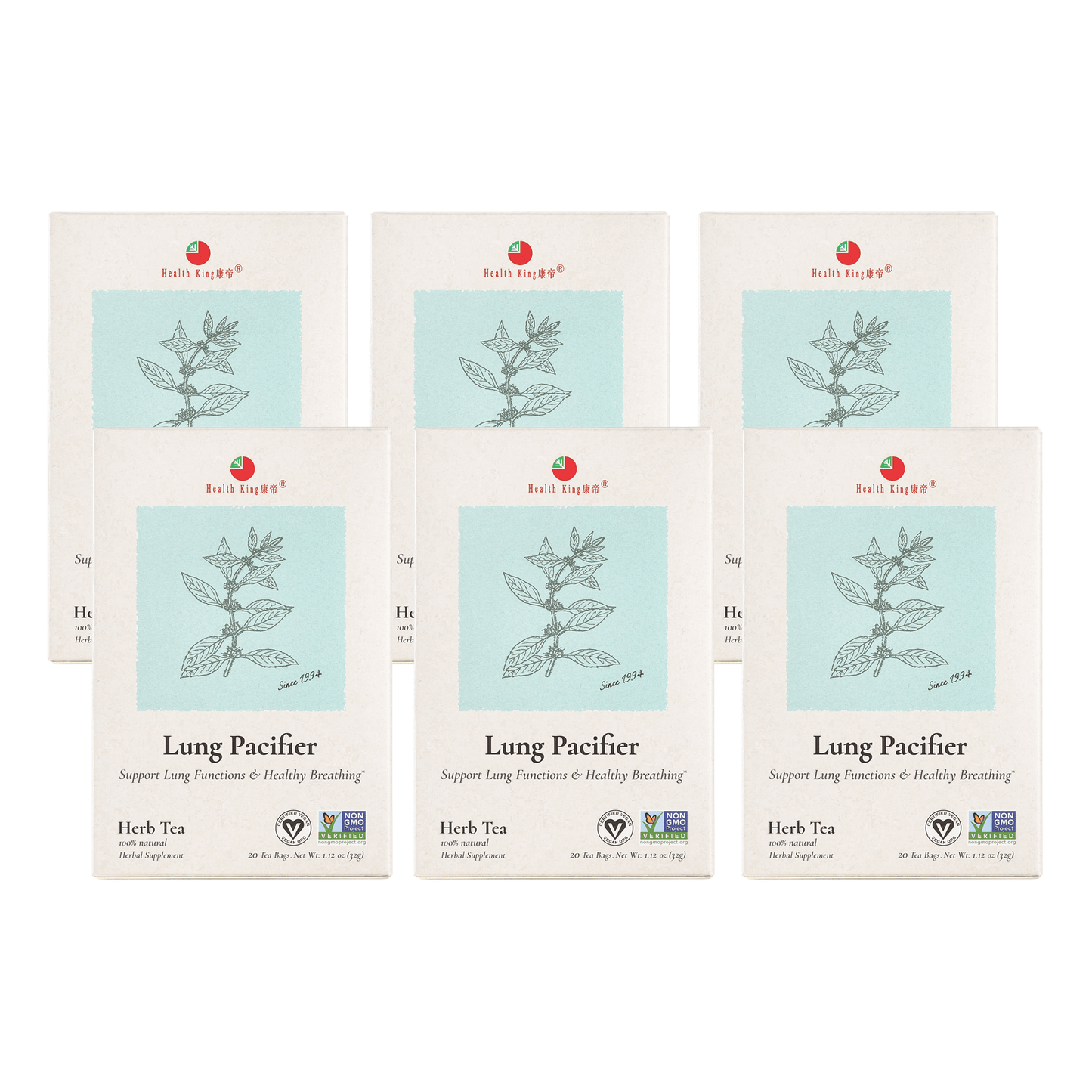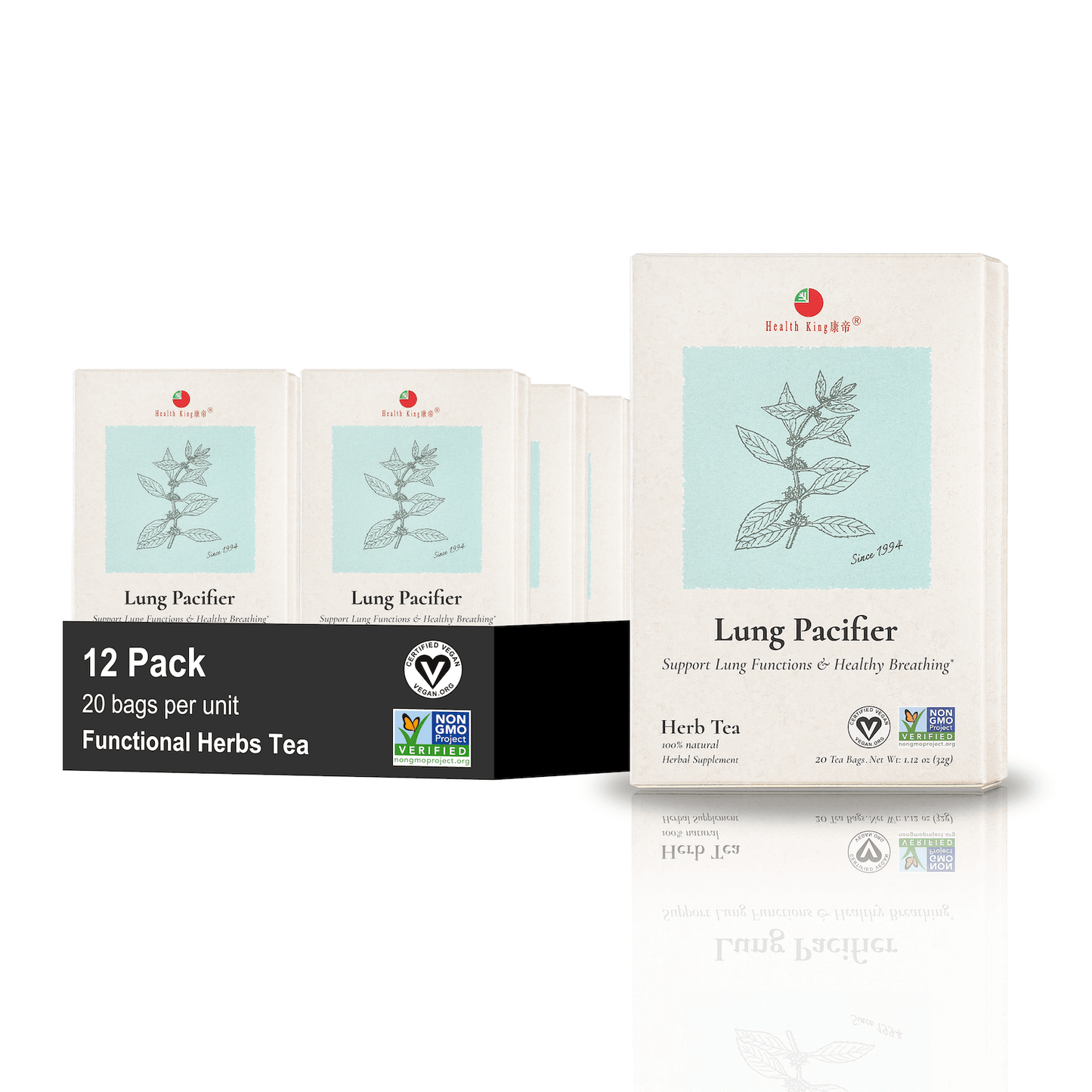
How to Maintain Healthy Lungs
Share
The health of our lungs is paramount to our overall well-being. They are the primary organs responsible for oxygen exchange, a process vital to life.
Yet, many of us overlook the importance of maintaining healthy lungs. We expose them to harmful pollutants, smoke, and poor air quality, often without realizing the damage we're causing.
This article aims to shed light on the various methods to maintain and improve lung health. It explores natural remedies, such as Tussilago farfara L., and delves into the intricacies of lung bronchial & sinus health.
By the end, you'll be equipped with knowledge to enhance your respiratory wellness. Let's embark on this journey towards healthier lungs.
The Imperative of Lung Health
Healthy lungs are essential for a robust respiratory system. They facilitate the exchange of oxygen and carbon dioxide, enabling every cell in our body to function optimally.
Neglecting lung health can lead to a host of complications, including chronic pulmonary conditions. Therefore, it's crucial to adopt practices that support and enhance lung function. Let's delve deeper into the importance of lung health and the ways to maintain it.
Tussilago farfara L.: A Traditional Remedy for Respiratory Health
Tussilago farfara L., commonly known as coltsfoot, has been used in traditional medicine for centuries. It's often employed as a natural remedy for respiratory ailments, including bronchitis and asthma.
Its potential benefits for lung health are attributed to its anti-inflammatory and expectorant properties. However, it's essential to understand the benefits and risks associated with its use.
Benefits and Risks
Coltsfoot can help soothe the respiratory tract and promote the expulsion of mucus. This can be beneficial for individuals with chronic respiratory conditions.
However, it's important to note that excessive or improper use of coltsfoot can lead to liver damage. Therefore, it's crucial to consult a healthcare professional before incorporating it into your lung health regimen.
Enhancing Indoor Air Quality
Indoor air quality plays a significant role in maintaining lung health. Poor air quality can lead to respiratory issues and exacerbate existing lung conditions.
Here are a few strategies to improve indoor air quality:
- Use air purifiers to remove pollutants.
- Incorporate plants that purify air.
- Regularly clean and ventilate your living spaces.
- Avoid using chemical-based cleaning products.
- Maintain optimal humidity levels with humidifiers.
The Detrimental Effects of Smoking and the Power of Cessation
Smoking is a leading cause of lung disease and respiratory dysfunction. It damages the lung tissue and impairs its ability to function optimally.
Quitting smoking can significantly improve lung health. It reduces the risk of lung cancer and slows lung function decline, paving the way for healthier respiratory function.
Exercise: Bolstering Lung Capacity and Function
Regular physical activity is crucial for maintaining lung health. It helps increase lung capacity and improves overall respiratory function.
Exercises such as swimming, running, and cycling can particularly enhance lung function. They train the lungs to use oxygen more efficiently, promoting healthier lung function.
Nutritional Support for Lung Tissue
A balanced diet rich in antioxidants is essential for lung tissue protection. Foods like berries, nuts, and leafy greens can help reduce inflammation and damage to lung cells.
Hydration also plays a key role in maintaining the mucosal lining in the lungs. Drinking plenty of water helps thin the mucus, promoting better lung function.
Lung Bronchial & Sinus Health: A Holistic Approach

Understanding the link between lung bronchial & sinus health and overall respiratory wellness is crucial. A healthy bronchial system ensures efficient oxygen exchange, while sinus health can prevent infections that may affect the lungs.
Regular medical check-ups are important for early detection of lung conditions. They can help identify issues before they become severe, ensuring timely treatment.
Deep Breathing Techniques and Hydration
Deep breathing techniques can significantly benefit lung health. They help increase lung capacity and improve oxygen exchange, leading to better overall respiratory function.
Hydration is equally important. It helps maintain the mucosal lining in the lungs, ensuring smooth and efficient lung function. Drinking plenty of water can also thin the mucus, promoting better lung health.
Conclusion: Integrating Practices for Optimal Lung Health
Maintaining healthy lungs requires an integrated approach. It involves a combination of lifestyle changes, dietary adjustments, and natural remedies like Tussilago farfara L.
Incorporating these practices into your daily routine can significantly enhance your lung health. It can also improve your overall well-being, as the lungs play a crucial role in oxygenating the body and removing waste gases.





